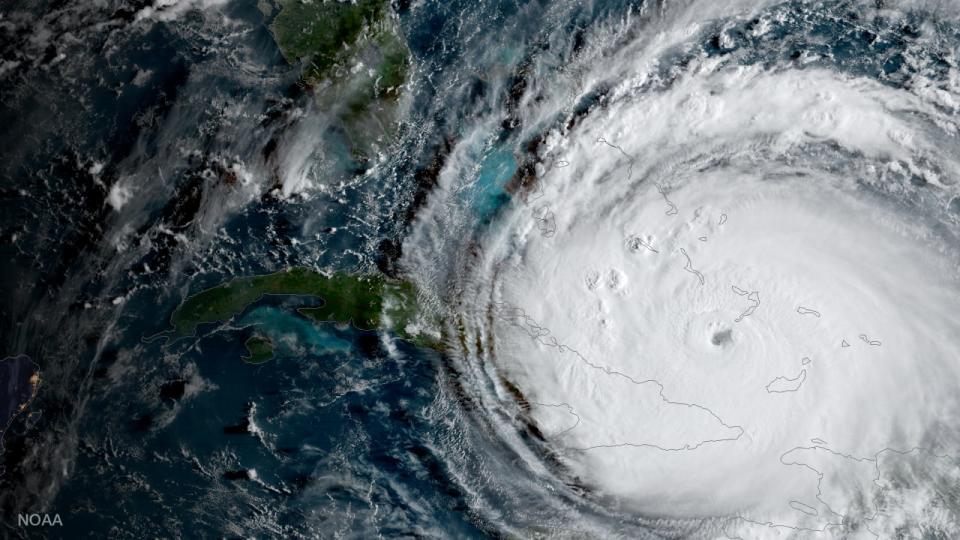France and China will study ocean-based climate change next year
The CFOSAT satellite will improve forecasting of hurricanes and cyclones.
France and China, both key leaders of the Paris Climate Accord now that the US is leaving, have unveiled a new satellite to better predict storms and model climate change. The China-France Oceanography Satellite (CFOSAT) includes two radars that can study both wind strength and direction as well as the direction and wavelength of ocean waves. The latter can help scientists predict heat waves and other important climate data, according to recent studies.
CFOSAT will be used primarily to improve forecasting accuracy, particularly for hurricanes and other ocean-spawned storm events. "In practical terms, it will be used to improve forecasts of strong storms, cyclones or waves for all coastal activities," France's research lead on the project, Daniele Hauser, told the AFP.
Data from the satellite will also help scientists improve climate models by better understanding how oceans affect the atmosphere. "We think that if we can improve climate change predictions, we can better prevent it," Hauser said.

The satellite was originally supposed to be a partnership between the French and European space agencies. However, France and China have been working closely on space technology over the past decade, prompting the change. Both parties acknowledged the political element, while saying there were technical reasons, too. "We partnered with France because we were certain of the support of both states, but also because of France's expertise in wave analysis," said China's CFOSAT project manager Lili Wang.
The 650 kg (1,450 pound) satellite is set to be launched next year from a rocket in China's "Long March" program. Given the spate of hurricanes in 2017, made unusually powerful by global warming, any extra forecasting accuracy can't come soon enough.



